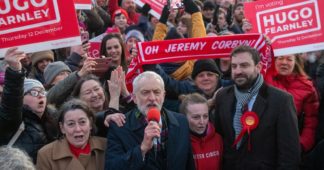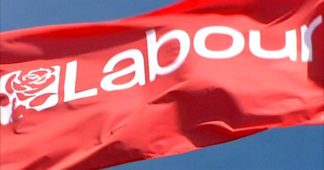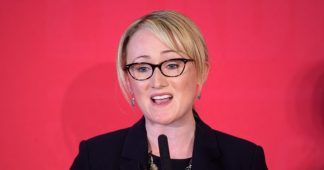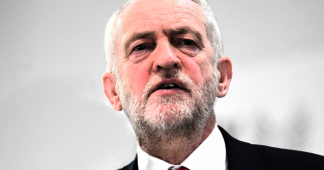No leader of a major political party has so comprehensively junked their leadership platform in British democratic history
By Owen Jones
May 3, 2023
This week, Keir Starmer finally abandoned his commitment to scrap university tuition fees, one of the last remaining concrete pledges he made to Labour members when he sought their votes three years ago. His dishonesty is not a moral issue, but rather a warning about the type of government he is likely to form next year.
When interrogated by Andrew Neil in March 2020 about whether university tuition fees would be scrapped as part of his general election manifesto, he answered, “They’re all pledges, Andrew, so the answer to these questions is yes.”
If there is any confusion about what a pledge is, it is defined as “a solemn promise or undertaking”. In a meeting with young voters in 2021, Starmer added that he “felt very strongly that one of the things that benefited me greatly was not having tuition fees”, adding that’s “why we rightly committed at the last election to get rid of tuition fees”. During the Labour leadership contest in 2020, I put it to Starmer that several MPs backing him would push for a U-turn. “They’ll have to accept the mandate I was elected on,” he bluntly told me.
This is not the first time he has rowed back on policy commitments. In the same set-piece interview with Neil, the presenter asked if he would “guarantee” the nationalisation of all utilities. “I’ve made that commitment,” he responded. Curious, then, that a year later, he told Laura Kuenssberg: “I didn’t make a commitment to nationalisation, I never made a commitment to nationalisation.”
Starmer also promised to hike taxes on the richest 5%, but now bemoans “the highest taxation burden since the war”, which certainly does not apply to the well-off. “Defend free movement as we leave the EU” he pledged back in 2020, before later nonsensically claiming this only applied in the period leading up to the moment of Brexit. This was, after all, the man who traded on his remain credentials, then last year attacked the Tories for allegedly considering a softer Brexit.
Continue reading at www.theguardian.com
We remind our readers that publication of articles on our site does not mean that we agree with what is written. Our policy is to publish anything which we consider of interest, so as to assist our readers in forming their opinions. Sometimes we even publish articles with which we totally disagree, since we believe it is important for our readers to be informed on as wide a spectrum of views as possible.











